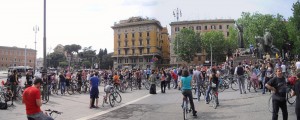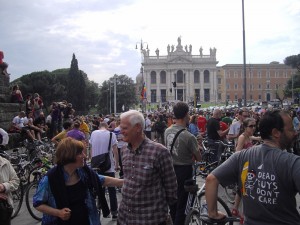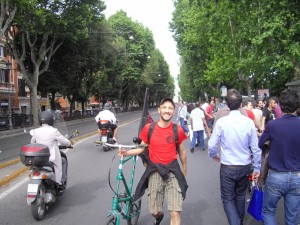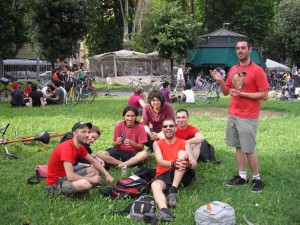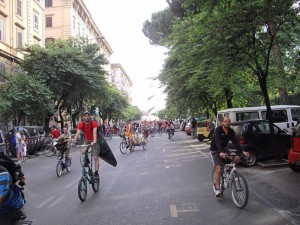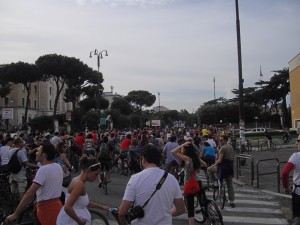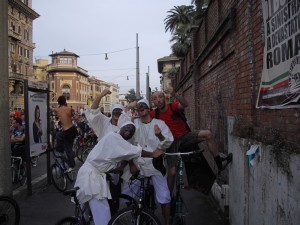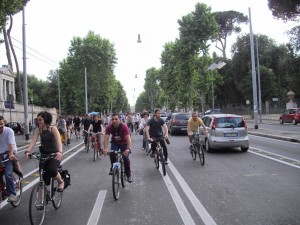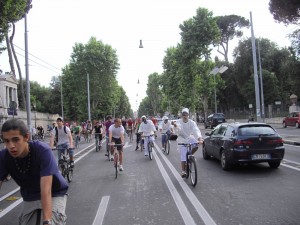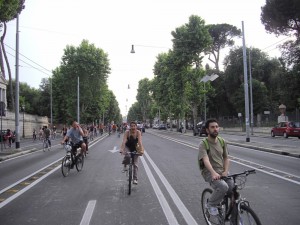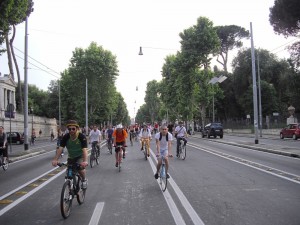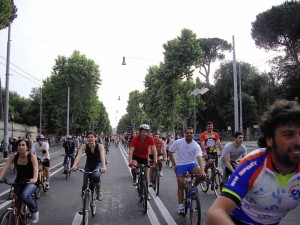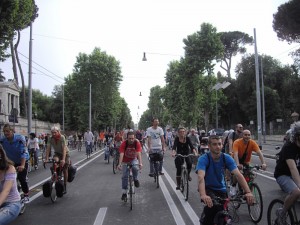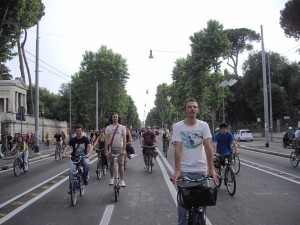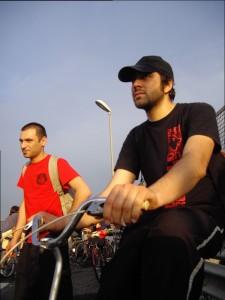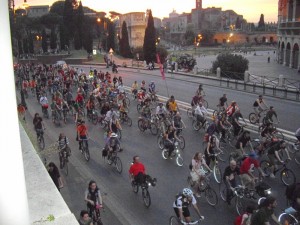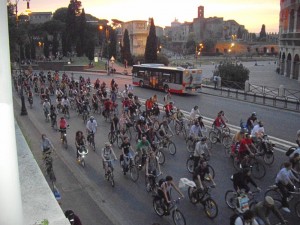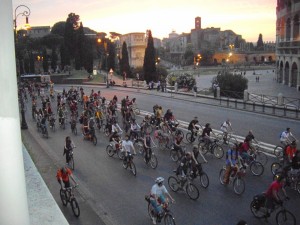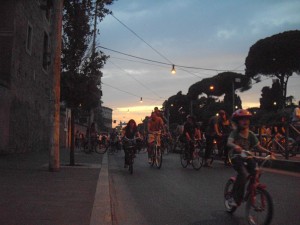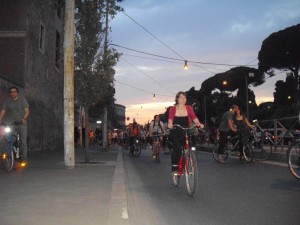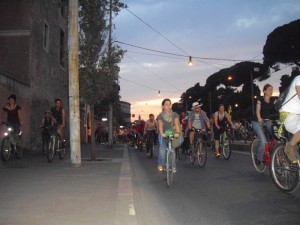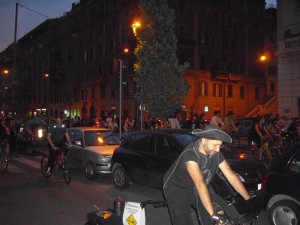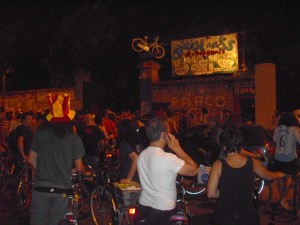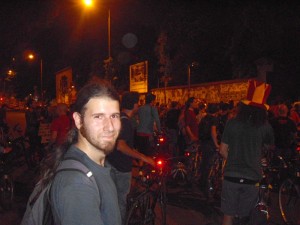Ieri sera ho cenato, con molto piacere, insieme ad un amico che non vedevo da molti anni. Parlando, abbiamo toccato molti temi e quando il discorso si è diretto verso l’argomento politica, io ho citato una frase tratta dal libro “L’uomo a una dimensione” (One-Dimensional Man) del filosofo tedesco Herbert Marcuse. Il mio amico, che ha idee politiche molto vicine alle mie, mi ha suggerito di pubblicarla sul mio blog. Quindi eccomi qui nell’atto di seguire il suo consiglio; la frase incriminata recita così:”La libera elezione dei padroni non abolisce né i padroni né gli schiavi.”
Il filosofo continua, sul suo illuminante scritto, spiegandone il significato:”La libera scelta fra un’ampia varietà di beni e di servizi non significa libertà se questi beni e servizi aumentano i controlli sociali su una vita di fatica e paura – se, cioè, alimentano l’alienazione. E la riproduzione spontanea da parte dell’individuo di bisogni che gli sono stati imposti non costituisce una forma di autonomia: comprova soltanto l’efficacia dei controlli. La nostra insistenza sulla profondità e l’efficacia di questi controlli va incontro all’obiezione che noi sopravvalutiamo grandemente il potere di indottrinamento dei ”media” e che in ogni caso le persone sentirebbero e soddisferebbero da sole i bisogni che, al presente, sono loro imposti. L’obiezione non coglie il punto. Il precondizionamento non incomincia con la produzione di massa di programmi radio-televisivi e con l’accentramento del controllo di questi mezzi. Quando si arriva a questa fase, le persone sono esseri condizionati da lungo tempo; la differenza decisiva sta nell’appiattimento del contrasto (o del conflitto) tra il dato e il possibile, tra i bisogni soddisfatti e quelli insoddisfatti. Il cosiddetto livellamento delle distinzioni di classe rivela qui la sua funzione ideologica. Se il lavoratore ed il suo capo assistono al medesimo programma televisivo e visitano gli stessi luoghi di vacanza, se la dattilografa si trucca e si veste in modo altrettanto attraente della figlia del padrone, se il negro possiede una Cadillac, se tutti leggono lo stesso giornale, ne deriva che questa assimilazione non indica tanto la scomparsa delle classi, quanto la misura in cui i bisogni e le soddisfazioni che servono a conservare gli interessi costituiti sono fatti propri dalla maggioranza della popolazione.”
Credo che questa sia ancora una fotografia molto attuale e realistica della nostra società anche se dalla pubblicazione del libro sono passati circa 46 anni.
Yesterday evening, with great pleasure, I had a dinner with a friend I was not seeing since many years. Talking, we touched a lot of arguments and when we start talking about politic, I said a sentence from the book “One-dimensional man” by the German philosopher Herbert Marcuse. So my friend, he has political ideas very close to mine, suggested me to put it on my blog. Here I am following his advice; the guilty sentence says:”Free election of masters does not abolish the masters or the slaves.”
The philosopher continues, on his illuminating book, explaining its meaning:”Free choice among a wide variety of goods and services does not signify freedom if these goods and services sustain social controls over a life of toil and fear – that is, if they sustain alienation. And the spontaneous reproduction of superimposed needs by individual does not establish autonomy; it only testifies to efficacy of the controls. Our insistence of the depth and efficacy of these controls is open to the objection that we overrate greatly the indoctrinating power of the “media”, and that by themselves the people would feel and satisfy the needs which are now imposed upon them. The objection misses the point. The preconditioning does not start with the mass production of radio and television and with the centralization of their control. The people enter this stage as preconditioned receptacles of long standing; the decisive difference is in the flattening out of the contrast (or conflict) between the given and the possible, between the satisfied and the unsatisfied needs. Here, the so-called equalization of class distinctions reveals its ideological function. If the worker and his boss enjoy the same television program and visit the same resort places, if the typist is as attractively made up as the daughter of her employer, if the Negro owns a Cadillac, if they all read the same newspaper, then this assimilation indicates not the disappearance of classes, but the extent to which the needs and satisfactions that serve the preservation of the Establishment are shared by the underlying population.”
I believe this is still a very actual and realistic picture of our society despite of 46 years since the publication of the book.
